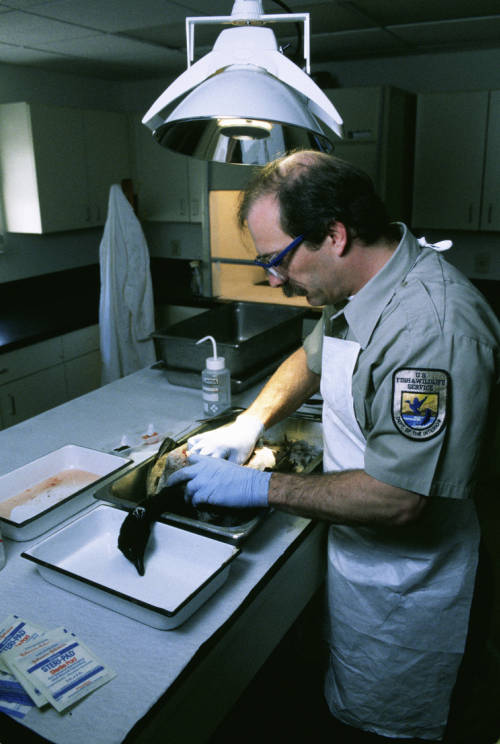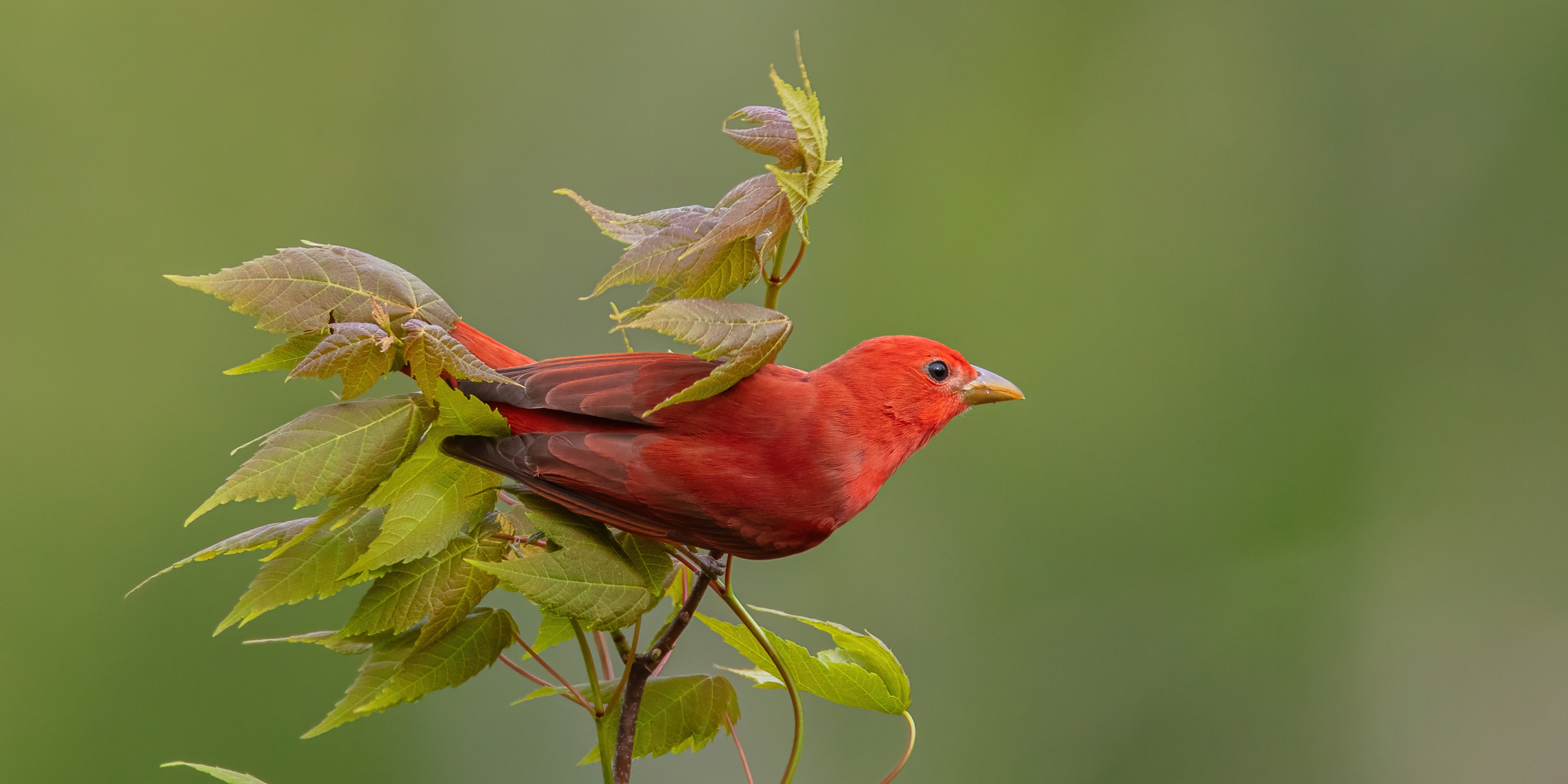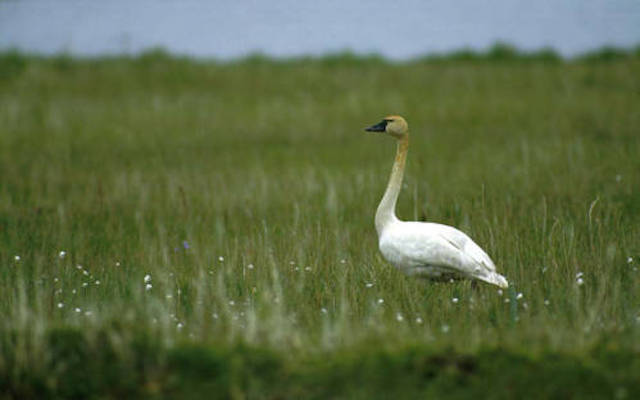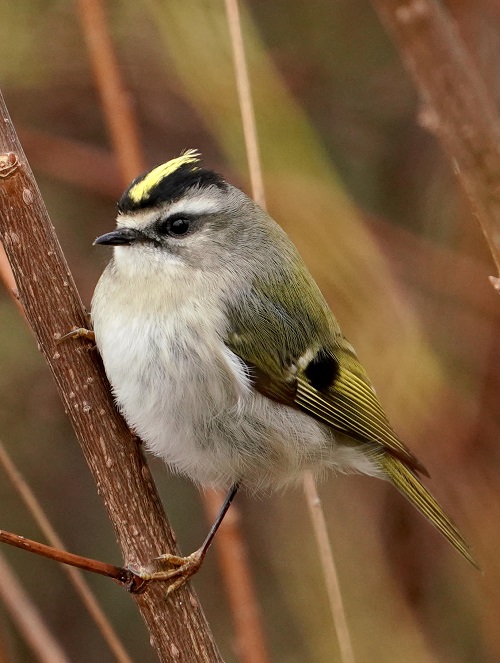The US Fish and Wildlife Service is proposing to open or expand hunting and/or sport fishing on 19 National Wildlife Refuges. In addition, they are proposing to ban the use of lead on these newly opened refuge lands. This ban on lead would include upland game hunting, big game hunting, as well as sport fishing. While none of the proposed refuges are in Wisconsin, it is still important for Wisconsinites to make their voices heard on these issues.
Our National Wildlife Refuges are public lands that belong to all of us. The dangers of lead are well documented in both people and wildlife. In Wisconsin, birds most heavily impacted by lead poisoning include eagles, swans, and loons, but they are by far not the only birds and other wildlife impacted by lead. The main way these birds become poisoned is through ingestion of lead from ammunition or lead fishing tackle. It takes very little lead to negatively affect birds, and can lead to significant suffering in the form of neurological damage, kidney and liver damage, delayed gastro-intestinal motility, as well as death.
In our country, we have acknowledged the extreme toxicity of lead by removing it from our paint and gasoline. We have banned the use of lead shot in waterfowl hunting. However, we seem unable to go beyond these efforts in removing unnecessary lead from our environment.
WSO encourages you to comment on this proposed rule and to register your support for banning lead ammunition and lead fishing tackle on National Wildlife Refuges. Our hope is that banning lead on these proposed refuge expansions would lead to banning lead on all wildlife refuges, including those in Wisconsin.
The USFWS is seeking input from the public on these proposed rules and will accept comments on or before August 8, 2022. For additional information and to submit your comments, visit: https://www.regulations.gov/document/FWS-HQ-NWRS-2022-0055-0001
A wildlife biologist performs a necropsy on a loon. Photo courtesy of US Fish and Wildlife Service.



